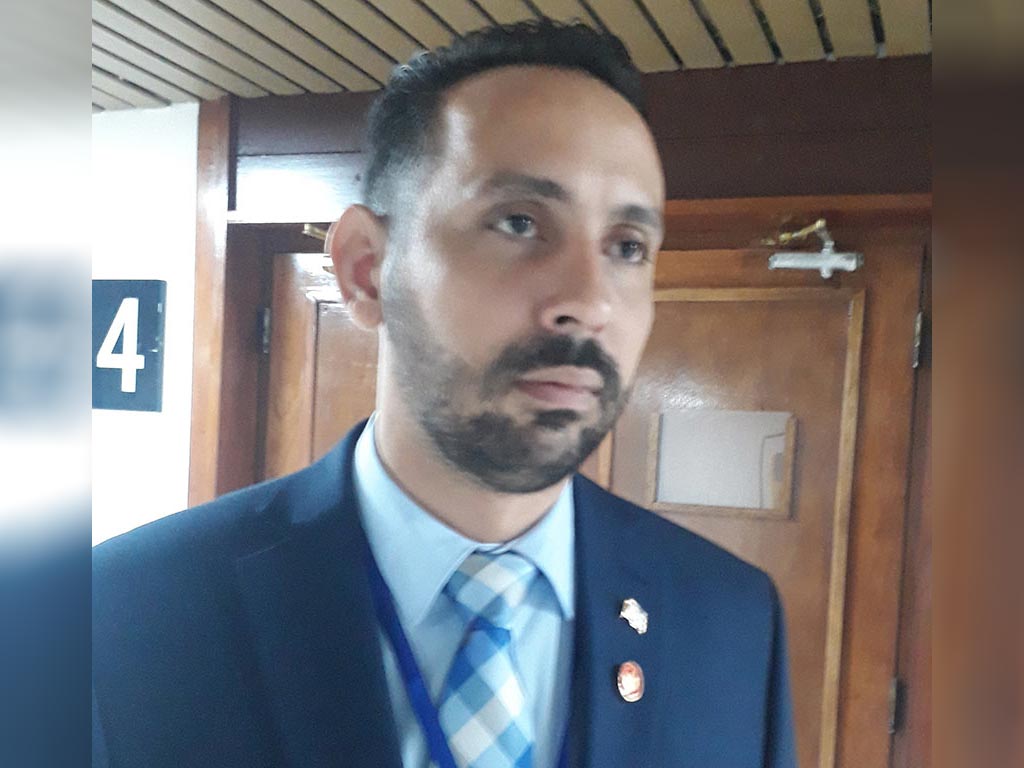The public health law passed by Cuba’s National Assembly of People’s Power (parliament) has generated expectations among the population because of its impact on the Caribbean island’s robust healthcare system.
According to statements made to Prensa Latina by the director of the provincial hospital of Ciego de Avila, Dr. Alberto Moronta, the regulation endorses the constitutional principle of respect for free and quality access to health services in the country.
Likewise, the legislation includes essential issues for the population that are the result of the recent approval of the Family Code, among them the use of assisted reproduction techniques in infertile couples, said Moronta, who is also a deputy to the national parliament.
The law makes a broad update on the ways of conceiving gestation and the measures related to sexual and reproductive health in general, he added.
Moronta emphasizes that the legal instrument reinforces and adapts to modern times the duties and rights of the people who access health services, as well as the due protection of the workers of this vital sector of society.
The young parliamentarian assured that the regulation is in line with the international regulatory framework and the health systems in the world, while strengthening the strategic vision towards the future of Cuban medicine.
These peculiarities of the Caribbean island’s public health law will make it last in time, since it contains many new elements, on which internal regulations will be issued to make it viable, he assured.
He mentioned the possibilities for people to make decisions on the end of life, associated with the autonomy to decide on a dignified death, which will be subject to procedures and regulations yet to be drawn up.
The process around the approved norm, Moronta assured, has just begun, since it is complemented by several sectors of the country which are outside the institutional framework of the Ministry of Public Health (Minsap), among them the Ministry of Science, Technology and Environment, the Ministry of Higher Education, among others.
This law, he added, is also related to environmental health, water, occupational health and safety, radiological safety involving nuclear medicine institutes in the country, which should be articulated with the health care system.




